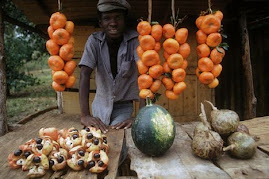Finding WORK overseas can be difficult. No matter where you want to work overseas, it’s vital to have a thorough understanding of the job market in that country so you can market yourself successfully to companies looking for overseas recruitment.
If you’re thinking about working overseas, the first thing you need to do is to find out as much as you can about your chosen country, because that can help you to take a very good desecion, and the first things you have to do these:
General info,
Job market,
Advice abroad,
Application procedures,
Vacancy sources,
Language requirements,
Work experience,
Postgrad study,
Visa and immigration, and
Contacts and resources
Once you’re armed with this knowledge you’ll be far better placed to find a job overseas in your chosen country and take your career in a whole new direction.
Sometimes is this can be dificult to some people how does not can be able learn a new culture, usually some carrears have many trouble to develop it.







